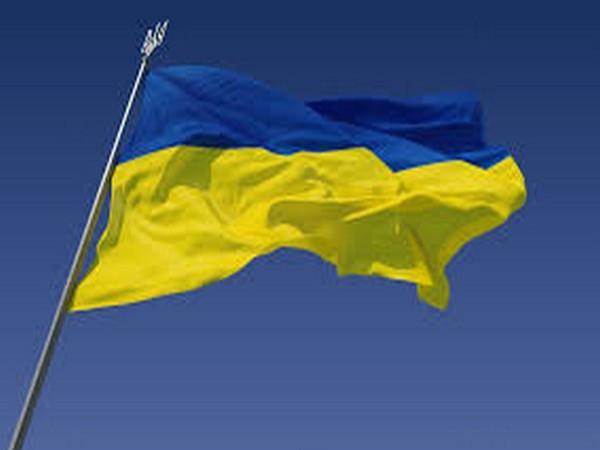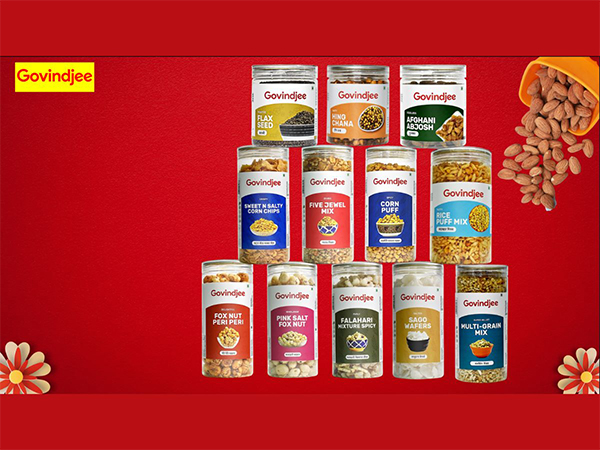
Ukraine's grain deal becomes precarious
Mar 11, 2023
Kyiv [Ukraine], March 11: The future of the grain export agreement through the Black Sea becomes unpredictable after new moves by the parties.
AFP reported that Russia and the United Nations are expected to meet in Geneva (Switzerland) on March 13 on the extension of Ukraine's grain export
Since the Black Sea Grains Initiative (BSGI) agreement was signed in July 2022 through the intermediary role of the United Nations and Turkey, more than 23.7 million tons of grain have been exported through this sea route. The agreement helps to reduce the global food crisis and will automatically renew on March 18, unless Moscow or Kyiv object.
The wishes of the parties
Russia has said it will only agree to an extension if restrictions affecting its exports are lifted. The West does not embargo Russia
"If the agreement is only half complied with, then the extension becomes very complicated. Western countries, the US and the European Union (EU), claim not to embargo food and fertilizers, but this point of view. is dishonest," according to Russian Foreign Minister Sergei Lavrov, who said and analyzed that in fact, the sanctions prevent Russian ships carrying grain and fertilizer from reaching ports of destination, as well as prevent foreign ships from docking at Russian ports to obtain food. row.
On the Kyiv side, AndriyYermak, the chief of staff to Ukrainian President VolodymyrZelensky, said the agreement was part of a plan to end hostilities and should be maintained indefinitely.
"At the very least, it must be extended for a while longer than before," he said, adding that any proposal to terminate the agreement would put pressure on the intermediaries. UN Secretary-General Antonio Guterres stressed that the export of food and fertilizers from Ukraine and Russia are both important for food prices and global food security. Currently, the Secretary-General of the United Nations Conference on Trade and Development (UNCTAD) Rebeca Grynspan is actively promoting the removal of obstacles to the export of Russian fertilizers.
Fear of Russian Missiles
Regarding the war, the Kyiv Independent page on March 10 quoted the Ukrainian military's statement as saying that the Russian side launched a total of 95 missiles in a massive attack the day before. Ukrainian forces shot down 34 missiles and 4 unmanned aerial vehicles (UAVs). In addition, the Russian side also organized 31 air strikes and 65 rocket attacks on the same day, causing emergency power outages and infrastructure damage. According to President Zelensky's adviser Alexander Rodnyansky, Ukraine's air defenses cannot cope with some of the Russian Kinzhal missiles.
"They're using hypersonic missiles, new types of weapons, and they see that our air defenses just can't cope," he said. Meanwhile, the Institute for the Study of War (USA) said that the mass missile attack "seems to serve only Russian propaganda purposes".
Russia has not commented on the above information. TASS news agency on March 10 quoted retired lieutenant colonel Andrey Marochko of the self-proclaimed "Luhansk People's Republic" militia as saying that Ukrainian forces were concentrating their forces and counter-attacking on the Bakhmut front but were unsuccessful
Source: ThanhNien Newspaper






